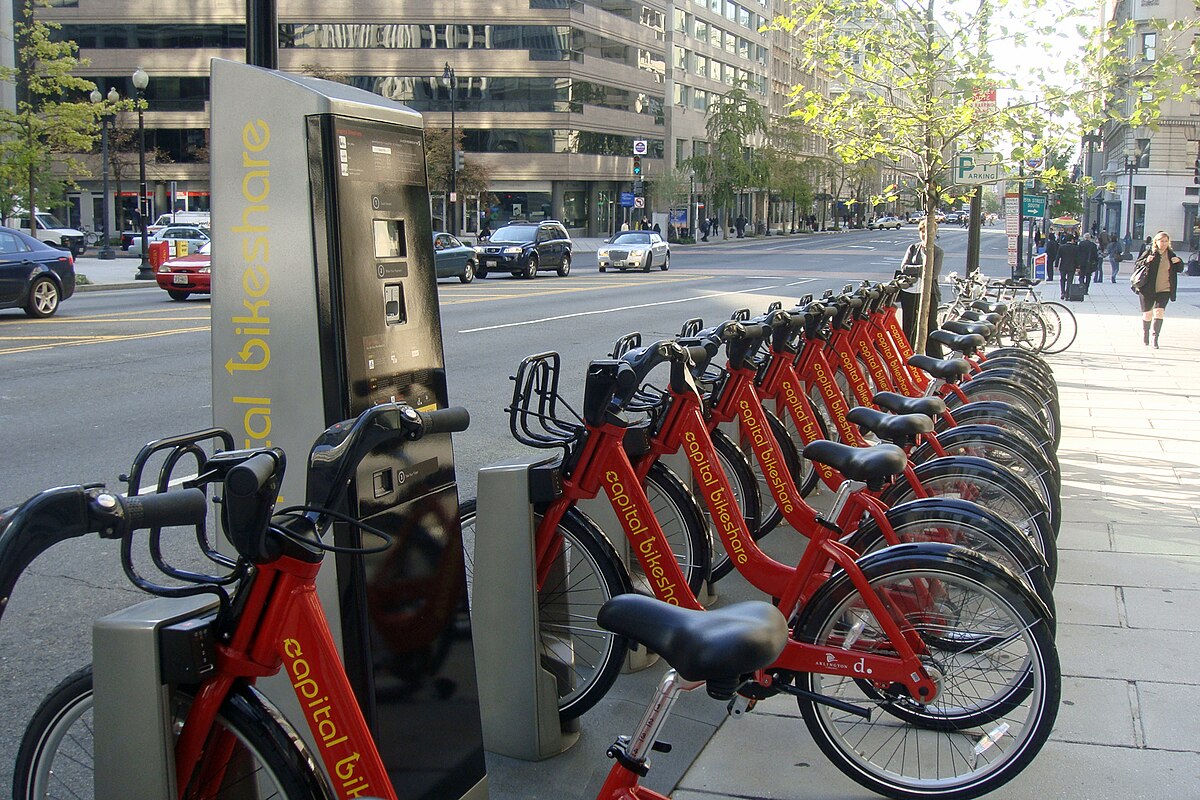
Last Mile in Logistics and Transportation
The "last mile" refers to the final stage of delivering goods or passengers to their final destination from a transportation hub. Adopted from the telecommunications industry, it presents challenges in supply chain management, freight transportation, and personal transportation.
In freight transportation, the last mile involves distributing goods from hubs to individual customers. Efficient shipping methods like rail and ships become inefficient in the last mile, accounting for up to 53% of total delivery costs. This "last mile problem" also arises in urban areas with congestion and accessibility issues.
In transportation networks, the last mile describes the difficulty in connecting users from transportation hubs to their destinations. This problem is exacerbated by suburban sprawl and reliance on cars. Solutions include feeder buses, bicycle infrastructure, and ride-sharing programs.
The last mile problem significantly impacts delivery costs due to dense urban areas, e-commerce growth, rapid delivery expectations, skilled workforce requirements, and rising fuel prices. Route optimization and delivery management technology platforms address these challenges by reducing mileage and delivery times.
Emerging technologies like small delivery robots and autonomous vehicles offer innovative solutions for last-mile delivery. These innovations aim to improve efficiency, reduce costs, and address the challenges of congested urban environments and dispersed rural populations.